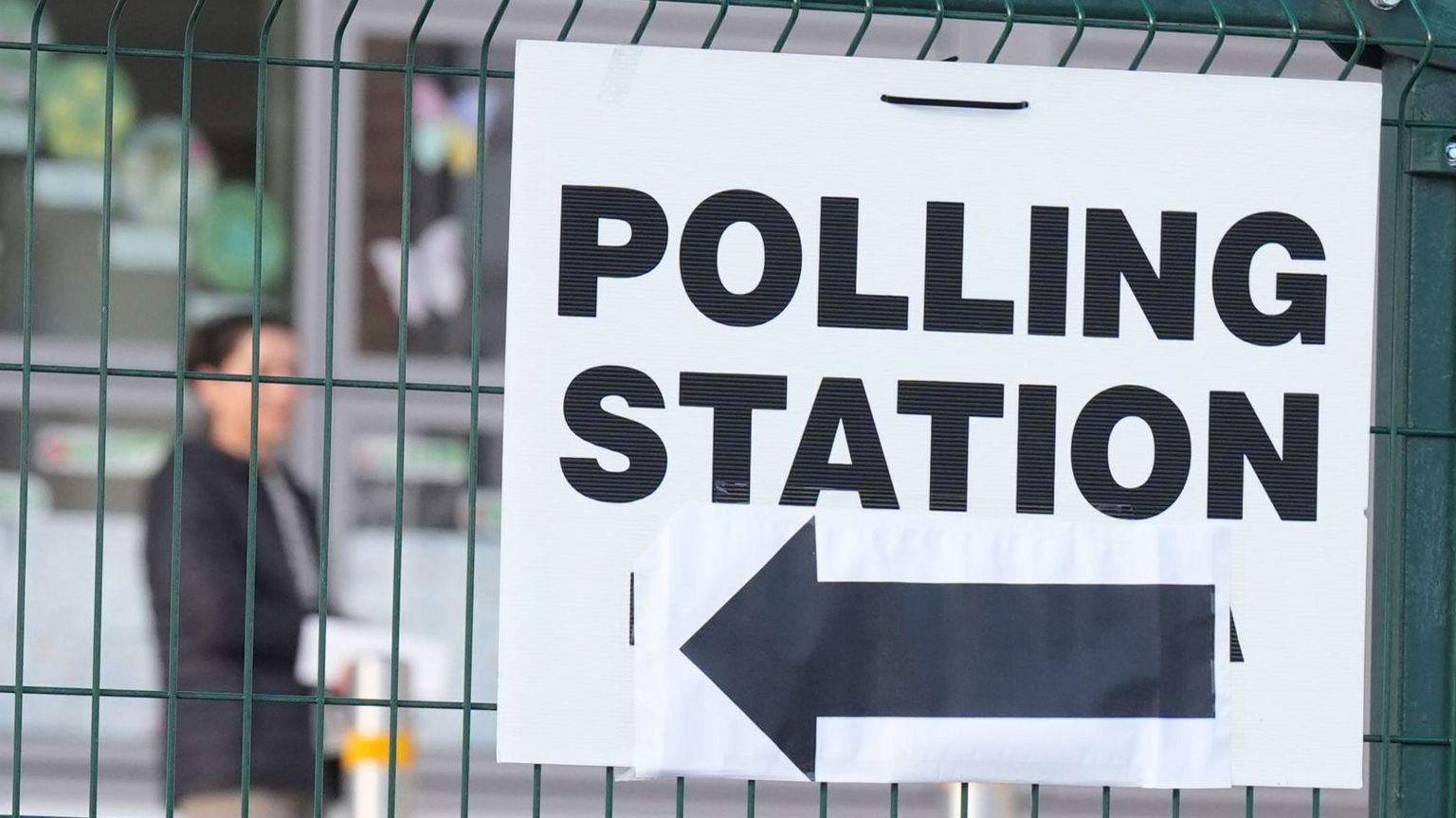
R McAney
Reports are surfacing from across Ireland suggesting that Fine Gael councillors may have been involved in transporting large numbers of refugees and immigration applicants to polling stations to secure votes for individual candidates. This practice, if proven true, constitutes a significant breach of electoral integrity and raises profound questions about the fairness and transparency of local elections in the country.
A National Concern
The alleged incidents are not isolated but have been reported from all four corners of the country, suggesting a coordinated effort rather than sporadic individual actions. The practice reportedly involves councillors arranging transportation for refugees and immigration applicants, who are legally eligible to vote in local elections under the Irish Constitution and relevant laws.
Under Irish electoral law, any person who is ordinarily resident in Ireland, regardless of nationality, is entitled to vote in local elections. This inclusive approach is designed to ensure that all residents who are part of the community have a say in local governance. However, this inclusive right is now at the centre of controversy due to these recent allegations.
Reports from the Field
In Dublin, multiple sources have reported seeing minivans and buses organised by local Fine Gael councillors transporting groups of non-Irish residents to polling stations. Similar reports have emerged from Galway, Cork, and Limerick. Eyewitnesses in these cities have provided accounts of councillors actively coordinating these efforts, raising concerns about the legitimacy of the voting process.
One Dublin resident, who wished to remain anonymous, described scenes of organised transportation on the day of the local elections. “I saw several buses filled with people being dropped off at the polling station. It was clear they were being directed by campaigners. It didn’t seem like a spontaneous effort,” the resident said .
In Galway, a local community worker shared similar observations. “There were clearly organised groups being brought in to vote. It’s disheartening to think that our local elections could be compromised in this way,” they commented .
The Legal and Ethical Implications
While it is not illegal to provide transportation to voters, the ethical implications are significant, particularly if it involves coercion or undue influence. The Irish Constitution allows all residents to vote in local elections to foster inclusivity, but these rights must be exercised freely and fairly.
Election law experts have weighed in on the issue, highlighting the fine line between mobilising voters and manipulating the electoral process. Dr. Claire McNamara, a lecturer in political science at Trinity College Dublin, emphasised the importance of maintaining electoral integrity. “Providing transportation can be a helpful service, especially for those with mobility issues or without access to transport. However, it becomes problematic if it crosses into the territory of vote-buying or coercion,” she explained .
Fine Gael’s Response
In response to the allegations, Fine Gael has issued a statement denying any organised effort to manipulate votes. “Fine Gael upholds the highest standards of electoral integrity. Any suggestion that our councillors are involved in vote rigging is categorically false. We encourage all residents to participate in the democratic process fairly and freely,” the statement read .
Despite this, the party has launched an internal investigation to address the reports and ensure all campaign activities comply with legal and ethical standards. Fine Gael leader Leo Varadkar has called for a comprehensive review to restore public confidence in the electoral process .
Broader Implications for Irish Democracy
These allegations come at a time when public trust in political institutions is already fragile. If proven true, they could have far-reaching consequences for local governance and the overall political landscape in Ireland. The notion that elections could be influenced in this manner undermines the democratic principles upon which the country is built.
Political analyst Dr. Eoin O’Malley from Dublin City University emphasised the potential impact of these allegations. “If voters lose faith in the integrity of elections, it can lead to disengagement and cynicism. Ensuring that elections are free and fair is fundamental to maintaining a healthy democracy,” he stated .
Calls for Reform
In light of these reports, there are growing calls for electoral reform to safeguard the voting process. Advocacy groups are urging the government to implement stricter regulations on campaign activities, particularly around providing transportation to voters. Additionally, there are calls for more robust monitoring and enforcement mechanisms to detect and prevent any form of electoral manipulation.
Transparency International Ireland has issued a statement calling for an independent inquiry into the allegations. “It is crucial that we get to the bottom of these reports and ensure that our electoral system remains robust and credible. Any form of vote manipulation must be thoroughly investigated and addressed,” the statement read .
Moving Forward
As the investigation unfolds, the focus will be on ensuring that all future elections are conducted with the utmost integrity. The allegations against Fine Gael councillors, if substantiated, highlight the need for vigilance and reform in protecting the democratic process.
The coming weeks will be crucial in determining the veracity of these claims and restoring public trust. In the meantime, the residents of Ireland will be watching closely, hoping for a resolution that reinforces the fairness and transparency of their local elections.
References
1. Anonymous Dublin Resident. Personal account shared with the reporter.
2. Community Worker in Galway. Personal account shared with the reporter.
3. Dr. Claire McNamara. Lecture on electoral integrity at Trinity College Dublin.
4. Fine Gael Statement. Public statement issued by Fine Gael regarding the allegations.
5. Leo Varadkar. Call for internal review by Fine Gael leader.
6. Dr. Eoin O’Malley. Analysis on the implications of electoral fraud, Dublin City University.
7. Transparency International Ireland. Statement calling for an independent inquiry.
